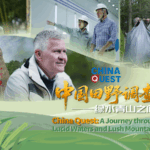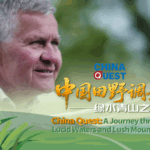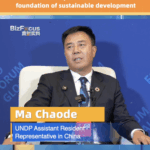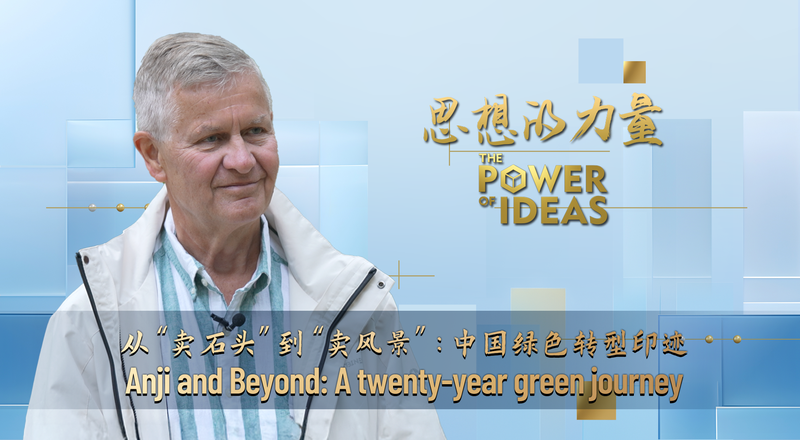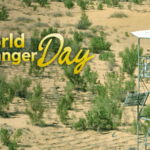Over the past two decades, China’s environmental philosophy of "lucid waters and lush mountains are invaluable assets" has evolved from a regional pilot program to a global sustainability model, with Africa emerging as a key partner in its application. The concept, first articulated by President Xi Jinping in Zhejiang Province in 2005, has redefined how ecological health and economic growth intersect—a framework now gaining traction across continents.
At its core, the "two mountains" principle emphasizes that environmental stewardship (symbolized by green mountains) generates long-term economic value (gold mountains). Zhang Yanru of Zhejiang Normal University noted, "This idea dismantled the false choice between development and conservation, becoming a compass for China’s ecological civilization." Zhejiang’s success stories—from river restoration projects to low-carbon industrial parks—demonstrate its scalability.
In Africa, where ecosystems underpin key sectors like agriculture and fisheries, the concept resonates deeply. Ali-said Matano, a Blue Economy Advisor in Kenya, explained: "Lake Victoria’s health depends on managing its entire watershed—exactly the interconnected approach China’s model promotes." Collaborative projects, such as the China-Africa Green Industrial Chain Fund and marine observation networks, are translating theory into action.
China’s global leadership in renewable energy—accounting for over 50% of worldwide wind and solar capacity—has further accelerated cost reductions, making green tech more accessible. Matano highlighted the China-Africa Environmental Cooperation Center in Nairobi as a "pillar for future collaboration," working alongside UN agencies to advance shared goals.
As both regions face climate challenges, experts argue this vision offers more than bilateral benefits—it provides a blueprint for reconciling development with planetary limits. From Zhejiang’s rivers to Africa’s Great Lakes, the pursuit of "lucid waters and lush mountains" is becoming a universal language of sustainable progress.
Reference(s):
cgtn.com

